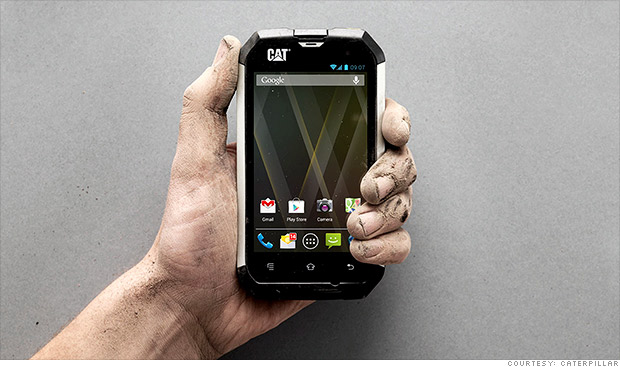Yudala, an e-commerce company has cautioned smartphone users on the use of free public Wi-Fi, due to the risk of information hacking.
Yudala’s Head of Corporate Communications, Gideon Ayogu gave the warning in a statement on Wednesday in Lagos.
Ayogu said that the free connections were accessible in public locations such as parks, banks, hotels, restaurants, among others.
He said that the benefits of free Wi-Fi access, such as the ease of connectivity and opportunity to conserve cellular data made it a common occurrence for most users to seek out these free connections.
“Findings by the Research and Development Unit of Yudala shows that caution must however be exercised when accessing sensitive personal information.
“Caution must be exercised when carrying out online shopping or mobile banking activities over a free public Wi-Fi connection, as this could predispose one to grave losses from hackers.
“Armed with routers, remote spying software and other tools of their nefarious trade, these hackers, whose increasing level of sophistication is a source of global alarm, are capable of setting up fake hot spots.
“These fake hot spots trap users into thinking they are connecting to the Wi-Fi of a hotel they are staying in, while in actuality, they have fallen prey,” he said.
Ayogu said that one of the tips from Yudala’s Research and Development Unit to help keep Wi-Fi users to be protected was for them to always remember that they were vulnerable on public Wi-Fi.
He said that such knowledge was essential as it would keep users o be wary when using public Wi-Fi networks.
He however noted that data connection rates were still high, hence people would always make use of public networks.
Ayogu said that with data connection rates still comparatively pricey in Nigeria, Wi-Fi hotspots were often a source of joy for most smart phone and device users in need of some free web browsing or social media time.
According to him, due to their often unsecured connections, chances are that the Wi-Fi hot spot you have so gleefully connected to is also occupied by a potential hacker.
“Phone users should disable automatic connection to Wi-Fi networks as most smart phones are capable of automatically connecting to available Wi-Fi networks, a development that may expose you to lurking hackers.
“While this feature is often disabled by default, you can do yourself a world of good by double-checking to make sure your device’s setting is on manual connection to Wi-Fi hot spots.
“This way, you are protected from unwittingly connecting to a rogue network which may compromise your privacy and other sensitive information,” he said.
Ayogu said that users should endeavour to verify the network’s name before connecting.
He said that research showed that most hackers label their fake hot spots with generic names that might fool their preys into thinking they were on the right network.
According to him, a public institution such as the Nigerian Communications Commission (NCC), may not have its public Wi-Fi network named “Free NCC Wi-Fi.”
“Same goes for that hotel you may be staying in or the fast food outlet on the street corner.
“Obvious generic names such as these can be a well-sprung trap by a hacker to snare unsuspecting users.
“If you are not certain of that generic name being the official Wi-Fi network you are about to access, you will do yourself a world of good by asking,” he said.
Ayogu said that Wi-Fi users should stick to Hyper Text Transfer Protocol Secure (HTTPS), websites to avoid exposing themselves to the risks of being hacked over a public Wi-Fi network.
He said that while regular websites transfer contents in plain text, websites that use HTTPS encrypt activity, thus offering an extra layer of security.
“In order to be sure you are on an HTTPS website, simply look for a padlock in the address bar or check the URL for “https://…”
“In addition, you can download and use software such as `HTTPS Everywhere’ to protect your data.
“HTTPS Everywhere is a Firefox, Chrome and Opera extension that encrypts your communications with many major websites, making your browsing more secure,” Ayogu said.
He said that there was the need to turn off file sharing when using a Personal Computer (PC).
According to him, users should keep all financial transactions off public Wi-Fi and this applies to mobile banking, online shopping or any other activity that involves exposing sensitive personal or financial information.
“Every public Wi-Fi network should be regarded as a major security risk, as you may be sharing these connections with an eagle-eyed hacker.
“Where the transactions cannot wait until you get to a secure network, it is best you rely on your cellular data for these purposes,” he said. (NAN)
FON/GY




 Premier League
Premier League